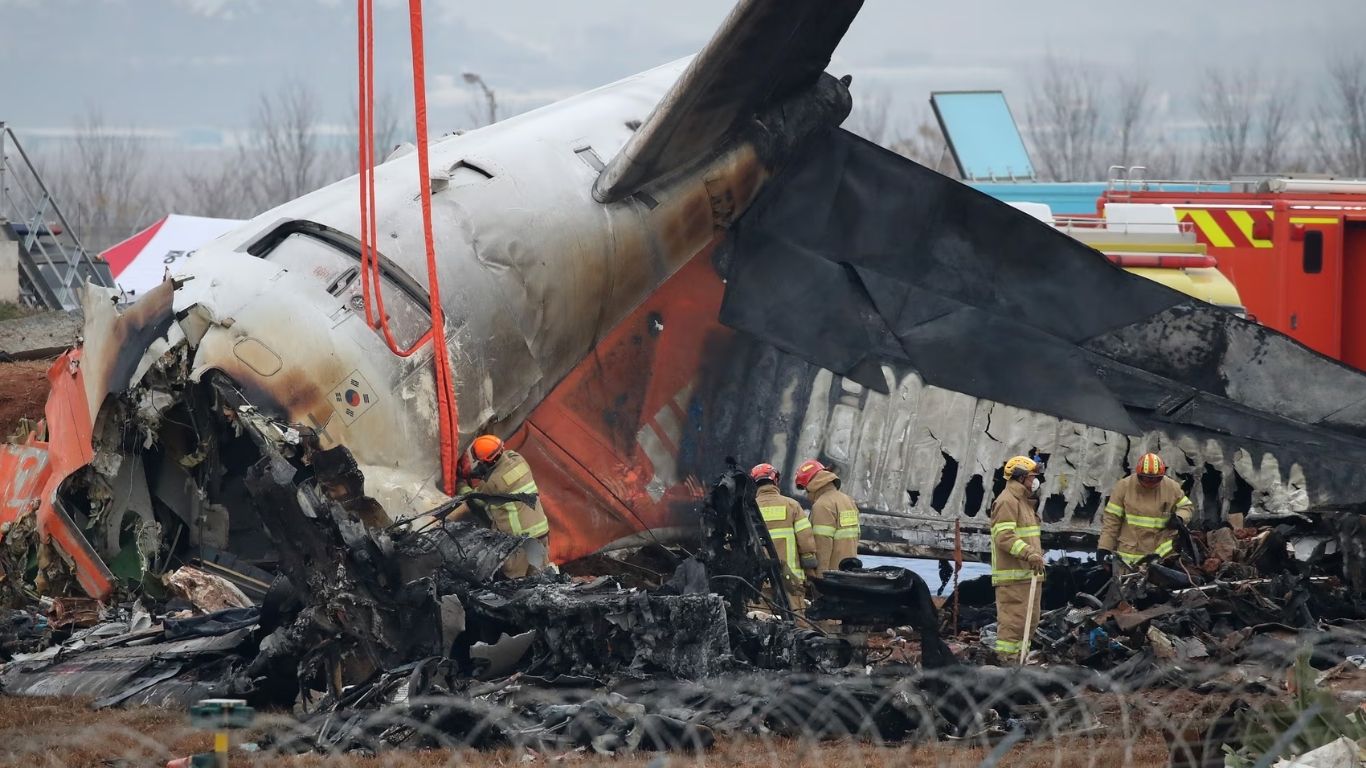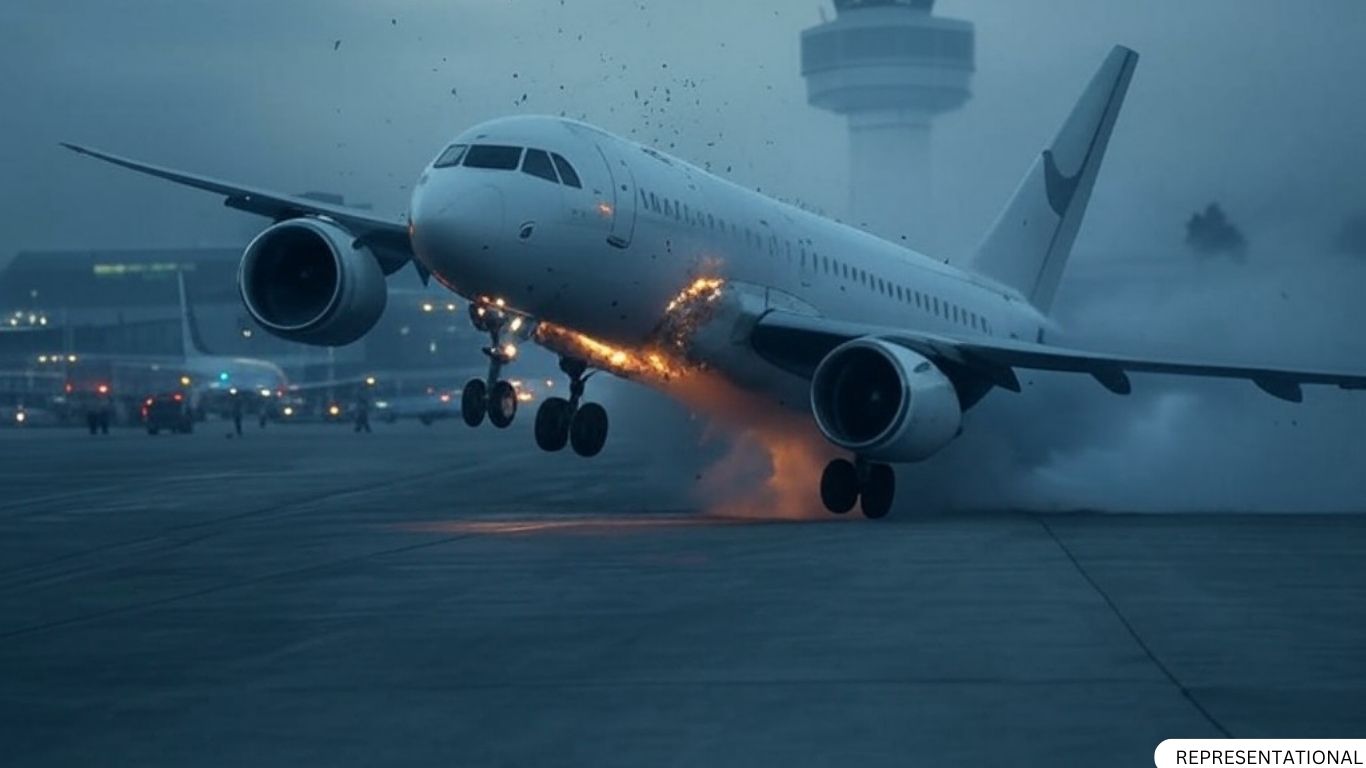The December Jeju Air Crash of flight 7C2216 at Muan Airport in South Korea, which claimed 179 lives, has taken a new turn as investigators revealed that flight data and cockpit voice recorders stopped recording about four minutes before the crash. This revelation has added complexity to the investigation into South Korea’s deadliest aviation disaster.
Black Box Data Loss
The cockpit voice recorder and flight data recorder (black boxes), crucial for determining the sequence of events leading to the crash, stopped capturing data just before the airliner struck a concrete embankment.
- Initial analysis in South Korea revealed the missing data.
- The black boxes were sent to the U.S. National Transportation Safety Board (NTSB) for further analysis.
- The damaged flight data recorder is also under examination in the U.S., with cooperation from safety regulators.
Former transport ministry investigator Sim Jai-dong expressed surprise at the loss of data, suggesting that a total power failure, including backup systems, may have occurred—an exceptionally rare event in aviation.
Crash Details
The ill-fated Boeing 737, en route from Bangkok, Thailand, to Muan, South Korea, experienced trouble shortly before landing.
- Timeline of Events:
- The pilots reported a bird strike and declared an emergency about four minutes before the crash.
- The plane belly-landed, overshot the runway, and exploded upon colliding with a concrete embankment.
- Two injured crew members, seated in the tail section, were rescued.
- The embankment, designed to support the airport’s localiser system, has come under scrutiny for being built too close to the runway with rigid materials.
Ongoing Investigation
The South Korean transport ministry emphasized that other available data will be used in the investigation, which will be conducted transparently and shared with victims’ families.
However, some family members of the victims have called for an independent investigation, citing concerns about potential bias if the transport ministry leads the process. They have urged the inclusion of independent experts, including those recommended by the families.
Key Focus Areas
- Cause of the Black Box Failure: Investigators are analyzing why both data recorders stopped functioning in the crucial final moments.
- Embankment Design and Placement: The rigid construction and proximity to the runway have raised questions about airport safety standards.
Family and Public Demands
Victims’ families have expressed skepticism about the government’s ability to lead an impartial investigation. They are demanding transparency and independent oversight to ensure accountability.
The tragic crash of Jeju Air flight 7C2216 underscores the critical need for robust aviation safety measures and thorough, unbiased investigations to prevent such disasters in the future.















